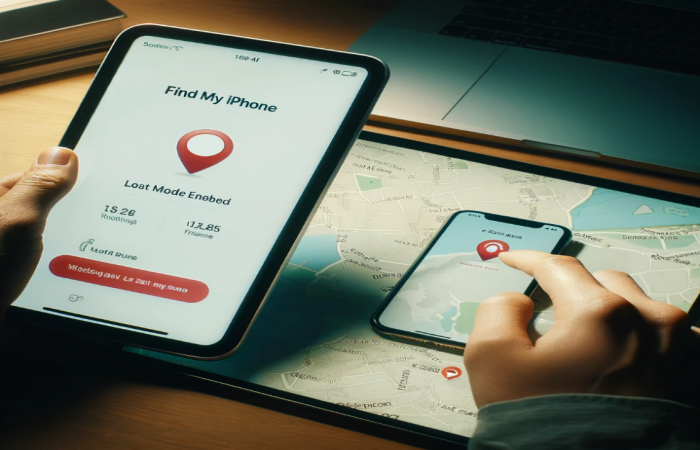
Is Social Media Reading Your Mind? Or Is It Just Smart Algorithms?
Imagine this: you’re sitting with a friend, casually discussing your dream vacation to Bali or a trendy gadget you’ve been eyeing. A few minutes later, you scroll through Instagram or Facebook, and there it is—a Bali tour package or an ad for that exact gadget. Coincidence? Or is your phone listening to you?
This phenomenon has sparked countless conspiracy theories, but let’s dive into how this really works—and what you should know about it.
The idea that social media apps are secretly recording your conversations sounds plausible, but companies like Facebook, Google, and TikTok have repeatedly denied such claims. Yet the accuracy of their ad targeting leaves many skeptical.
So, how do they seem to know so much about your life?
The Real Reasons Behind the Magic
Social media platforms don’t need to listen to your conversations; they’re already collecting a treasure trove of data:
Your searches: Googling “best beaches in Bali” last week could trigger travel-related ads.
Your likes and follows: Engaging with pages about travel, gadgets, or any topic sends signals to advertisers.
Your location: If you’re near a travel agency or electronics store, location data might trigger related ads.
AI-driven algorithms are designed to predict your interests based on patterns. For instance, if millions of users with similar profiles started looking up Bali vacations after buying a suitcase, the algorithm assumes you might want a vacation too.
You might not be the one actively searching, but your friends are. If you’re part of a shared network, their activity can influence the ads you see.
Devices with voice assistants like Alexa or Siri are constantly listening for their wake words. While companies claim they don’t store unrelated conversations, some snippets might still influence ad targeting indirectly.
Even if your phone isn’t spying on you, the level of data tracking is significant. Here are some ways to regain control:
Review App Permissions: Disable microphone access for apps that don’t need it.
Turn Off Ad Personalization: Adjust ad settings on Google, Facebook, and other platforms to limit targeted ads.
Clear Search History: Regularly delete your search and browsing history.
Use Privacy-Centric Tools: Switch to privacy-focused browsers or VPNs to mask your activity.

While it feels invasive, these algorithms are designed to enhance the user experience, offering you ads and content that align with your interests. The trade-off? Your data is the currency.
The next time your conversation turns into a targeted ad, consider this: are you okay with the convenience, or is it time to take control of your digital footprint?

















